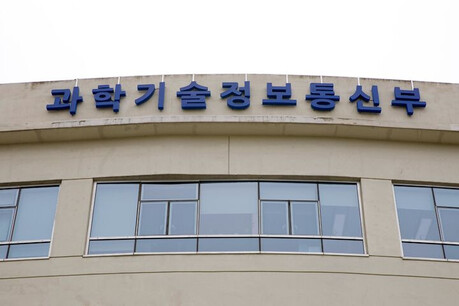
Taipei, Taiwan – Mortgage interest rates in Taiwan surged to a 15-year high of 2.23% in the last quarter, despite a decline in loan applications. This sharp increase is attributed to local lenders tightening their grip on real estate lending to align with the central bank's credit control measures.
Taiwan Realty Co., a leading brokerage firm, cited data from the Joint Credit Information Center to highlight the growing difficulty of homeownership. The average mortgage burden across Taiwan now stands at NT$10.43 million (US$320,844), with Taipei residents facing a significantly higher burden of NT$18.32 million.
Central Bank's Impact
While the central bank has kept its policy rates unchanged for the past two quarters, it has implemented measures to curb lending, including raising required reserve ratios for lenders. Additionally, the central bank has tightened lending terms for non-first homes to prevent a potential housing bubble.
The impact of these measures is evident in the declining number of mortgage applications. In the July-to-September period, the number of mortgages decreased by 6.5% to 60,908.
Lenders Tighten the Reins
Lenders have responded to the central bank's directives by increasing borrowing costs and extending review periods for mortgage applications. Sinyi Realty Inc. reported that mortgage review times have increased from one to one-and-a-half months to three to four months.
Market Outlook
Given the current market conditions, experts predict a slowdown in the housing market, particularly in the traditionally high-demand fourth quarter. Developers are adopting a more cautious approach, with some indicating plans to reduce prices in areas with oversupply.
Huaku Development Co. has announced a shift to a low-key business strategy, suggesting a decline in the number of presale projects and new homes in the coming year. While prices are expected to remain stable in Taipei and New Taipei City, a 5-10% decrease is anticipated in other regions.
Property researcher My Housing Monthly attributes the conservative approach of developers to softening demand rather than regulatory pressure. The publication highlights the increasing number of unsold housing projects, particularly in northern Taiwan.
As the central bank's credit controls continue to influence the market, mortgage rates are likely to remain elevated, making homeownership more challenging for many Taiwanese.
[Copyright (c) Global Economic Times. All Rights Reserved.]





























